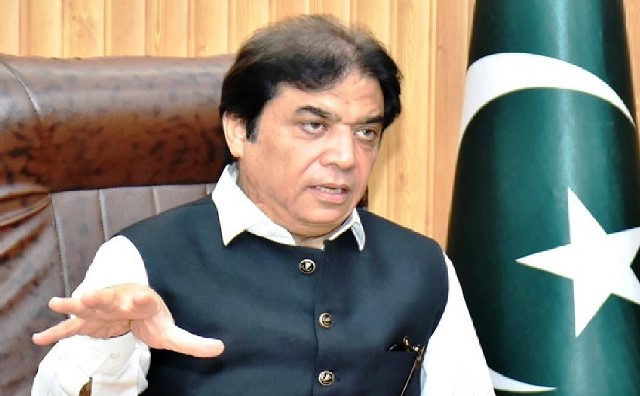Pakistan is actively pursuing significant investment from Saudi Arabia and the United Arab Emirates to modernize its aging railway infrastructure. Railways Minister Hanif Abbasi revealed that an estimated $2.5 billion is urgently needed to upgrade the critical Multan-Lahore section, a key artery in the national network. The minister outlined an ambitious travel schedule, with planned trips to the UAE, Saudi Arabia, and France, specifically to engage potential investors and secure funding for these vital railway projects.
To attract Gulf capital, Pakistan is proposing a Build-Operate-Transfer (BOT) model for the projects. Under this arrangement, investors would finance and construct the railway upgrades, then operate the section for a 25-year period to recoup their investment and generate profit before transferring control back to Pakistan. Specific routes like Multan-Lahore and Lahore-Rawalpindi have been offered as prime opportunities for this kind of foreign investment.
Minister Abbasi confirmed that similar proposals have been formally extended to the UAE, emphasizing that the current climate presents a right and opportune time for international investors to commit to Pakistan’s development. Beyond government talks, discussions have also been held with Mashreq Bank, a Dubai-based financial institution. While the bank’s recent entry into Pakistan has focused on digital banking, the talks explored potential financing opportunities within the rail sector.
This push for railway investment is a central part of Pakistan’s broader strategy to revitalize its transport infrastructure. By leveraging foreign investment through the BOT model, the government aims to achieve crucial modernization without placing immediate strain on its own finances, ultimately seeking to create a more efficient and profitable railway system for the future.














